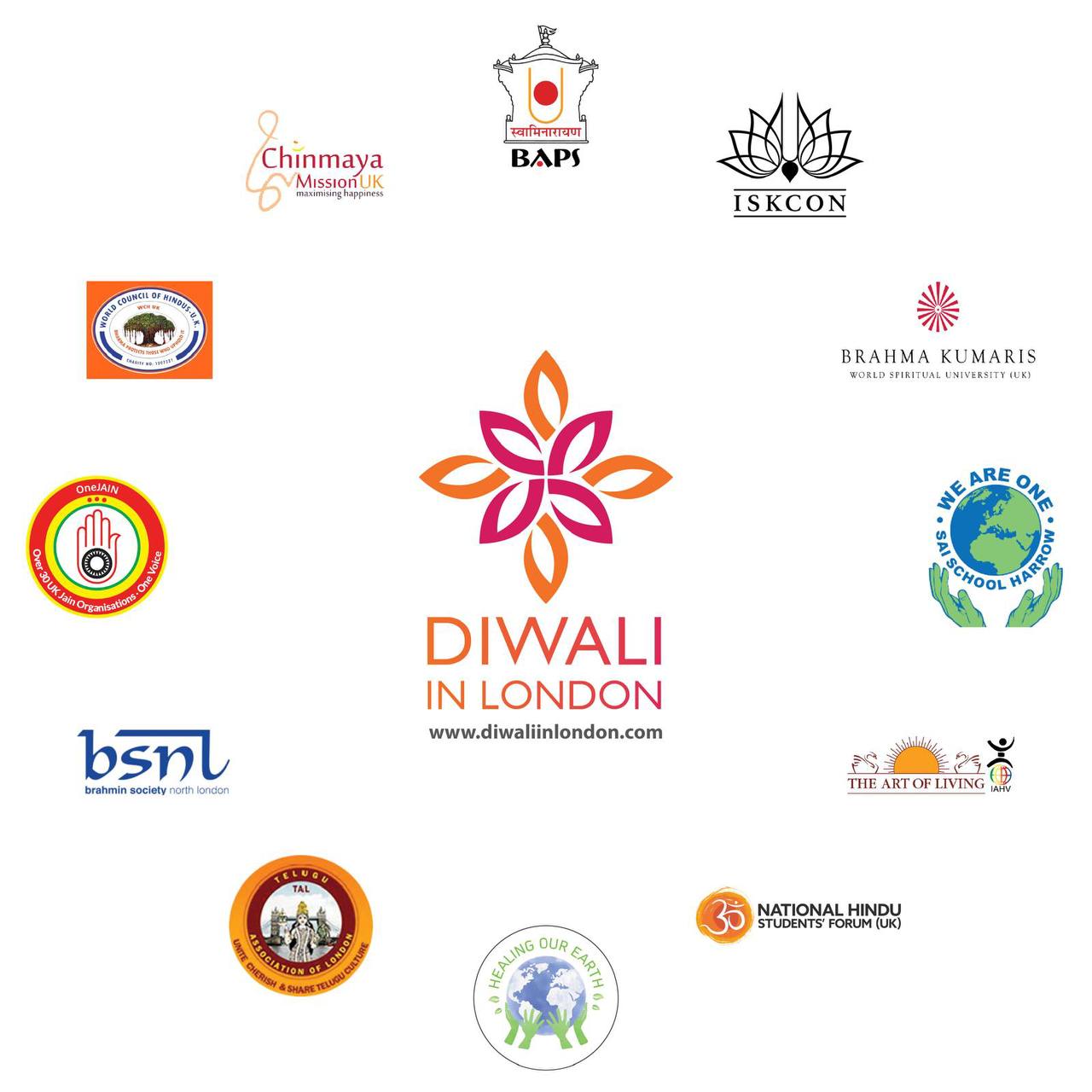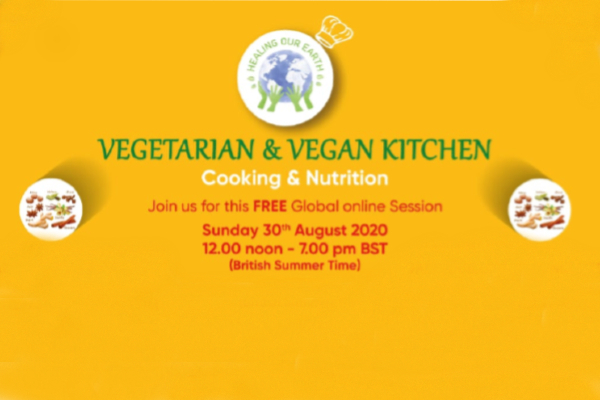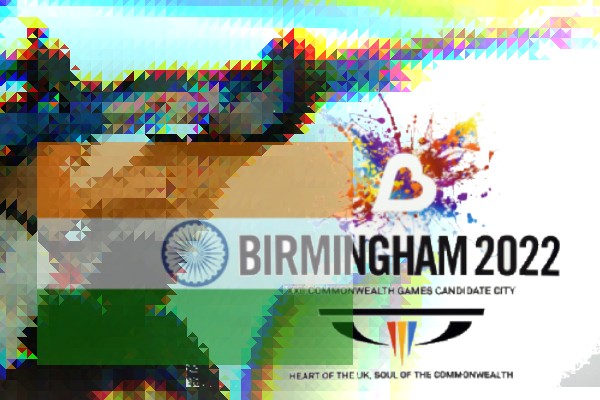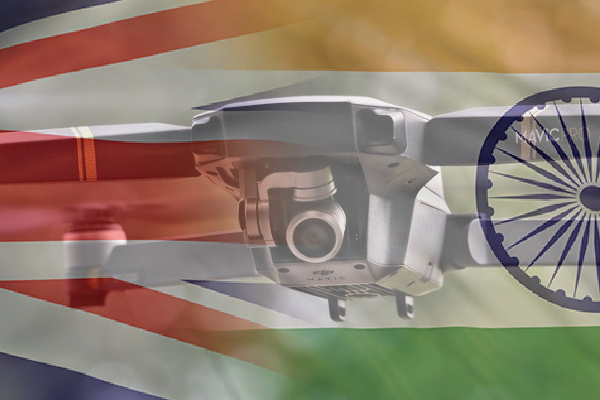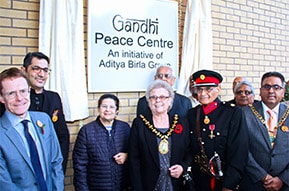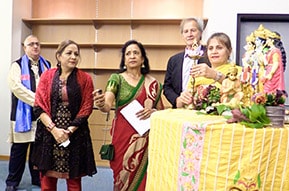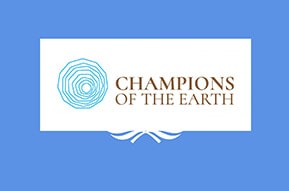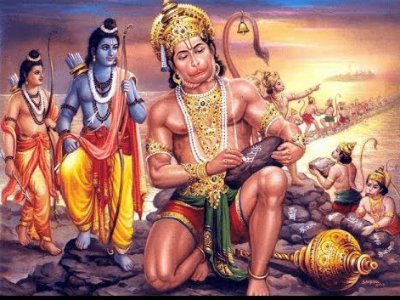The Confused Vegetarian
Getting people to understand vegetarianism has become harder than it needs to be. Even those who understand it, get stuck in the quagmire of ill definitions and the difficulties of policing it behind the scenes.
In practical terms, it can be hard to be a pure vegetarian unless you are in an environment where the vegetarians are in the majority like in temples and community centres. Unless you are places like India where the vegetarian diet holds kudos over a non-vegetarian diet, the life of a vegetarian is constantly challenged.
In the last few weeks, another dimension has come into fashion within the mainstream and that is the introduction of vegan-related products. It is far easier now to get vegan food in your local supermarket than it has ever been. Some vegetarians having to deal with trying to explain about their requirements now just find it much easier to say they would like the vegan product which simply means there is no animal related ingredients. Of course, they miss out on the cheese and milk, but at least you feel safe with their beliefs.
It is mind-boggling why the Government and public officials just do not simplify the definitions of different diets which manufacturers understand. But when the Vegetarian Society itself holds such a wide definition; it is a bit hard to shift all the blame on to the manufacturers.
The Vegetarian Society defines a vegetarian as:
"A vegetarian is someone who lives on a diet of grains, pulses, legumes, nuts, seeds,
vegetables, fruits, fungi, algae, yeast and/or some other non-animal-based foods (e.g. salt) with, or without, dairy products, honey and/or eggs. A vegetarian does not eat foods that consist of or have been produced with the aid of products consisting of or created from, any part of the body of a living or dead animal. This includes meat, poultry, fish, shellfish*, insects, by-products of slaughter** or any food made with processing aids created from these."
In other words, there is the term used.in India called ‘pure vegetarian’ which mean no fish or eggs but can include milk products (lacto-vegetarian). There are also people who are basically vegetarian but eat eggs, seafood and fish (pescatarian). Those who see themselves as vegetarians but eat eggs, but no fish are called ovo-vegetarians.
It is not surprising that with such complexity manufactures and food suppliers can be bothered to deal with the issue.
To complicate matters further, there is no legal definition of vegetarianism. However, there is legislation relevant to situations where the term ‘suitable for vegetarians’ has been misused such as in Trading Standards law. Labels such as ‘vegetarian’, 'suitable for vegetarians' or 'suitable for vegans' are subject to the Trade Descriptions Act 1968 general controls in sections 1 to 4 (prohibition of false or misleading trade descriptions).
So not only there is no legal precedence, vegetarianism in the UK could vary from the conservative boundaries of no eggs to the more liberal of including eggs and fish. And where do products like honey fit in? It is still an animal related product although most people would not see it as such and would not have even thought of it. So, it is not surprising that many people just ask for the vegan menu!
Other than dealing with the definition scenarios, there is always the problem of cross-contamination. I was recently at a hotel where we had already stated that we were vegetarians. The hostess in the café was very helpful and friendly but could not understand what the fuss was about as the vegetarian option we wanted has no indication whether it had eggs. She asked the chef who also did not know. Anyway, moving on, in the end, they found a packet of vegetarian sausages which would delay as by another 20 minutes.
It was very kind of her to make the effort, but they fried the sausages in the same oil which they had earlier fried the pork sausages. When we asked her, she was again perplexed? It is not just a question of eating vegetarian food, but how it is made by using utensils or products which are not contaminated by meat.
All this now has been superceded with the popularity of veganism and their numbers increase. And with a very simple definition of veganism (not any kind of meat products including milk, cheese, honey etc) that people understand, it is not surprising that people are finding the whole subject matter easier to deal with.
So where to now? The definition and better education and labelling is still essential. The gaps in understanding vegetarianism cannot be ignored under the guises of veganism. There needs to be some kind of traffic light system of helping people understand different types of diets including those who suffer from allergies. The subject of food preferences continues to dominate the health agenda, so it is essential we get the basics right.

